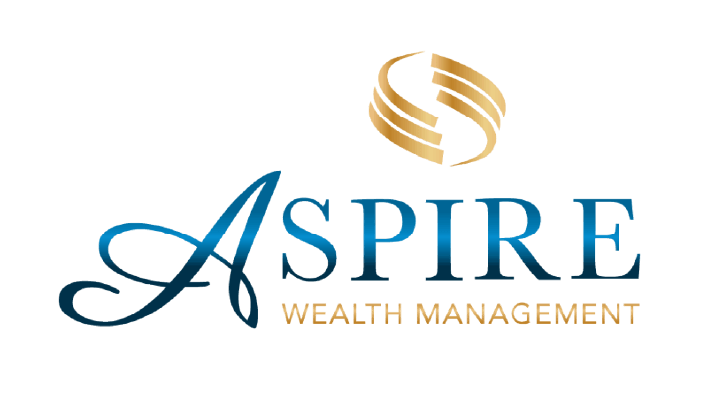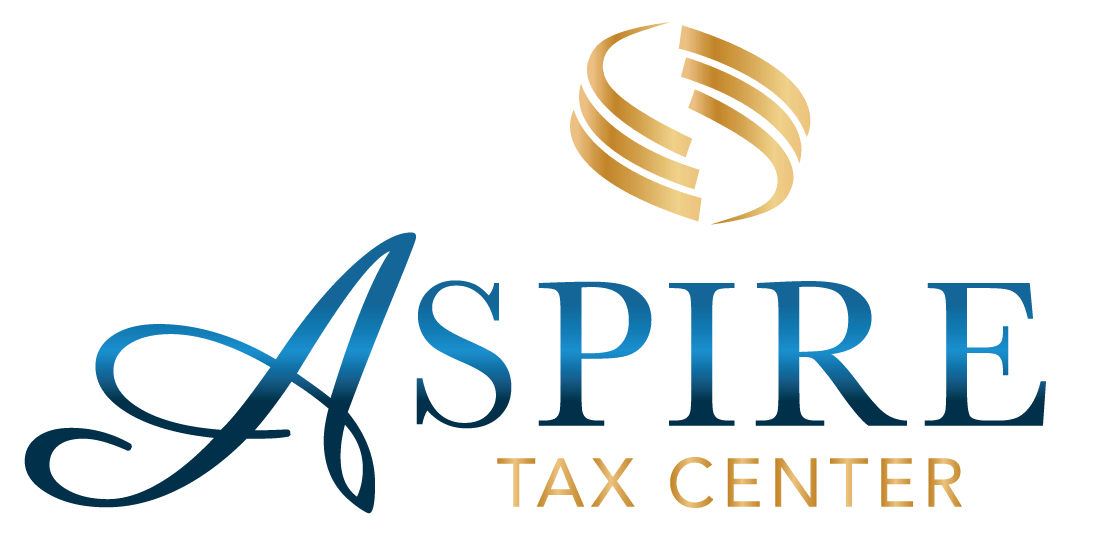
Retirement Planning
Are you on track for retirement? It's a difficult question to answer. Even if you are saving for retirement, it's hard to predict whether you are on the right path or not. There are so many unknowns that it's impossible to predict the future.

Fact Finding
In order to plan for your retirement, we have to know and understand you. What do you want your retirement to look like? How do you plan on spending your time? Will you continue to work in a part-time capacity? Do you plan on getting involved with charity? Or will you enjoy time with friends and family?
You may not know the answer to every question about retirement. That's okay. It's our job to work through these questions and more with you so we can fully plan for the retirement that you want.
Expense Forecasting
Once we understand what kind of retirement you want, we can estimate your expenses in retirement. Again, we can't predict with 100% certainty what you will spend in retirement. But we can estimate a reasonable range by factoring inflation into the equation.
We also consider things like taxes, health care, and possible long-term care needs. Those three items are often some of the most significant expense items in retirement. Any retirement plan should include strategies to minimize taxes and pay for health care and long-term care.
Income Projections
Estimating your retirement expenses is only one half of the equation. We also analyze your retirement assets to project your income in retirement. Every client is different, but common sources of retirement income include:
- Social Security
- Distributions for qualified retirement plans like IRAs and 401(k)s
- Investment income like interest and dividends
- Pensions
- Rental Income
- And more
We'll analyze your income and project what it may be in the future base on a variety of growth rates. We then compare your projected income to your projected expenses to see how they compare.
Improving Your Outcomes
Once we've analyzed your current retirement planning progress, we recommend strategies tom improve your outcomes. What steps can we take to increase your income or reduce expenses? How can we minimize risk as you approach retirement? We consider these question and more.
Some of the strategies we may recommend could include:
- Increase contributions to qualified retirement plans
- Investment allocation changes that improve potential growth or minimize risk
- Tax-efficient income strategies
- Annuities and other strategies that minimize risk
- Budgeting techniques to reduce retirement spending
- Health care and long-term care strategies
- And more
In order to plan for your retirement, we have to know and understand you. What do you want your retirement to look like? How do you plan on spending your time? Will you continue to work in a part-time capacity? Do you plan on getting involved with charity? Or will you enjoy time with friends and family?
You may not know the answer to every question about retirement. That's okay. It's our job to work through these questions and more with you so we can fully plan for the retirement you want.
Once we understand what kind of retirement you want, we can estimate your expenses in retirement. Again, we can't predict with 100% certainty what you will spend in retirement. But we can estimate a reasonable range by factoring inflation into the equation.
We also consider things like taxes, health care, and possible long-term care needs. Those three items are often some of the most significant expense items in retirement. Any retirement plan should include strategies to minimize taxes and pay for health care and long-term care.
Estimating your retirement expenses is only one half of the equation. We also analyze your retirement assets to project your income in retirement. Every client is different, but common sources of retirement income include:
- Social Security
- Distributions for qualified retirement plans like IRAs and 401(k)s
- Investment income like interest and dividends
- Pensions
- Rental Income
- And more
We'll analyze your income and project what it may be in the future base on a variety of growth rates. We then compare your projected income to your projected expenses to see how they compare.
Once we've analyzed your current retirement planning progress, we recommend strategies tom improve your outcomes. What steps can we take to increase your income or reduce expenses? How can we minimize risk as you approach retirement? We consider these question and more.
Some of the strategies we may recommend could include:
- Increase contributions to qualified retirement plans
- Investment allocation changes that improve potential growth or minimize risk
- Tax-efficient income strategies
- Annuities and other strategies that minimize risk
- Budgeting techniques to reduce retirement spending
- Health care and long-term care strategies
- And more




